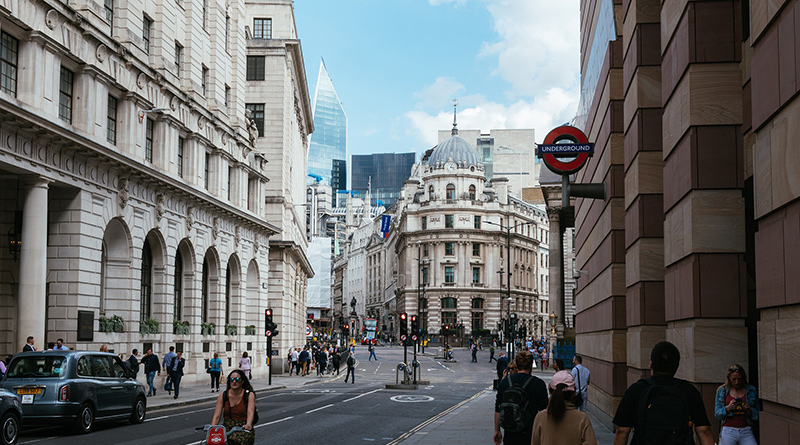London Hotel Demand Bucks Seasonal Trend In October

Mild weather and the October half-term saw demand in London hotels buck the seasonal trend, with an increase in occupancy, according to the RSM Hotels Tracker.
The data, which is compiled and produced by Hotstats and analysed by RSM UK, shows occupancy of London hotels rose from 83.7% in September to 84.2% in October, but fell from 82.8% to 80.7% in the UK. However, occupancy was up on October last year in both London and the UK, at 81.1% and 78.9% respectively.
Despite increased demand, average daily rates (ADR) of occupied rooms were down in London, from £218.31 to £213.55 in October year-on-year, and from £147.37 to £146.45 in the UK. But gross operating profits (GOP) of London hotels increased from 42.7% to 43.6% in October year-on-year, and from 37.6% to 38.1% in the UK.
Chris Tate, head of hotels and accommodation at leading audit, tax and consulting firm RSM UK, said: “London hotels managed to escape the usual drop off in occupancy in October, helped by half-term and relatively mild weather which prompted more people to travel. Despite nervousness in the lead up to the Budget and US election, which saw consumers hold back on retail spending and eating and drinking out, it didn’t cause them to cancel their staycation plans.
“However, pressure remains on daily room rates, with the sector finding it difficult to increase rates further. This will be particularly painful for hoteliers facing a surge in employment costs, so managing costs will become more of a priority as increasing prices isn’t an option with consumers unwilling to pay more.
“It is clear demand is still there, and people want to get away, despite pressure on incomes. Hoteliers will be relying on the Christmas party season to make a strong return this year, so they can build up a war chest of reserves ahead of next year’s cost increases.”
Thomas Pugh, economist at RSM UK, added: “A relatively positive month for the hotel sector in October raises hopes that the recent increase in consumer spending that came through in Q3 has continued into Q4. Admittedly, survey data, such as the PMIs, has been weak in October and November, but much of this is probably related to the Budget rather than a reflection of a deterioration in underlying demand.
“We expect GDP growth to pick up from 0.1% in Q3 to 0.3% in Q4 and then to accelerate in 2025 as an uptick in government spending provides a tailwind, and consumer spending continues to improve. This should help to support demand in the hospitality and accommodation sector.”
